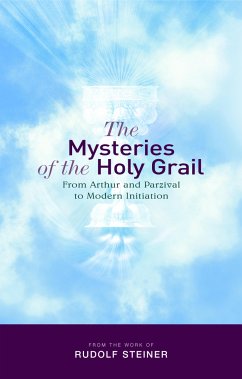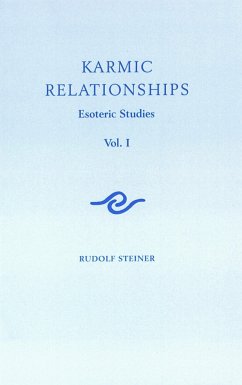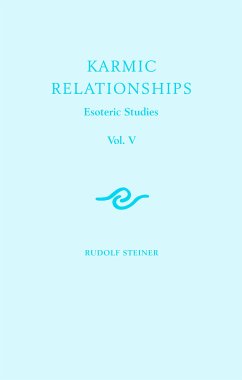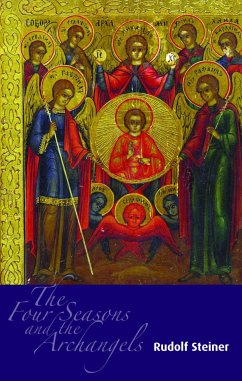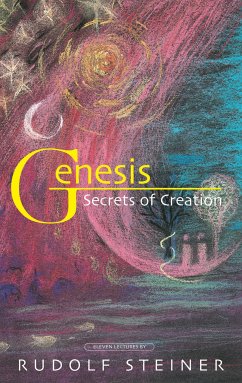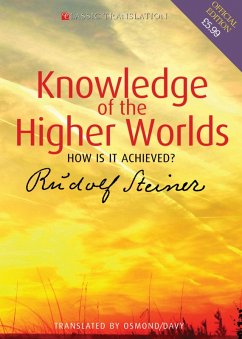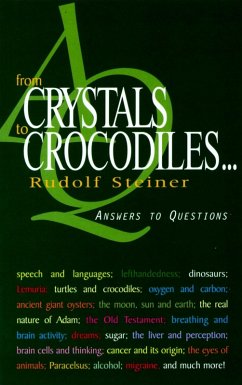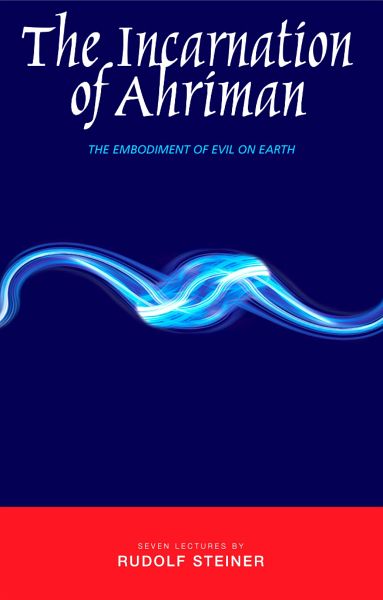
The Incarnation of Ahriman (eBook, ePUB)
The Embodiment of Evil on Earth
Übersetzer: Barton, Matthew
Versandkostenfrei!
Sofort per Download lieferbar
7,00 €
inkl. MwSt.
Weitere Ausgaben:

PAYBACK Punkte
0 °P sammeln!
While we know of Ahriman from Persian mythology, Rudolf Steiner spoke of him as an actual, living spiritual entity. This being, he said, works to embed people firmly into physicality, encouraging dull, materialistic attitudes and a philistine, dry intellect. In these extraordinary lectures Steiner, in rare prophetic mode, talks about an actual incarnation of Ahriman on the earth and the potential consequences. Just as Christ incarnated in a physical body, so would Ahriman incarnate in the Western world - before 'a part' of the third millennium had passed. Steiner places this incarnation in the...
While we know of Ahriman from Persian mythology, Rudolf Steiner spoke of him as an actual, living spiritual entity. This being, he said, works to embed people firmly into physicality, encouraging dull, materialistic attitudes and a philistine, dry intellect. In these extraordinary lectures Steiner, in rare prophetic mode, talks about an actual incarnation of Ahriman on the earth and the potential consequences. Just as Christ incarnated in a physical body, so would Ahriman incarnate in the Western world - before 'a part' of the third millennium had passed. Steiner places this incarnation in the context of a 'cosmic triad' - Lucifer, Christ and Ahriman. Ahriman will incarnate as a counterpoint to the physical incarnation of Lucifer in the East in the third millennium BC, with the incarnation of Jesus Christ in Palestine as the balancing point between the two. Over the period during which Steiner developed anthroposophy - a speaking career that spanned two decades and more than six thousand lectures - he referred to the idea of Ahriman's incarnation only six times. These six lectures, together with an additional supporting excerpt, are reproduced in their entirety, and under one cover, for the first time.
Dieser Download kann aus rechtlichen Gründen nur mit Rechnungsadresse in A, B, BG, CY, CZ, D, DK, EW, E, FIN, F, GR, H, IRL, I, LT, L, LR, M, NL, PL, P, R, S, SLO, SK ausgeliefert werden.







